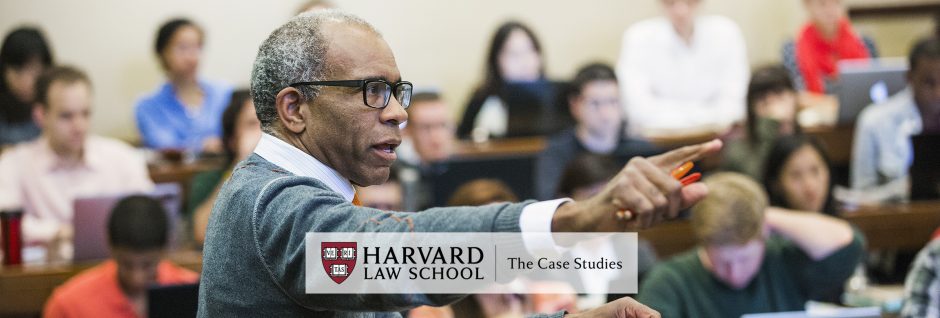
Kathy Vinson
“I have no doubt in my mind that this will be the most memorable course I have taken,” said Suffolk Law student Thomas Lessard on his last day attending the Problem Solving Workshop. At the beginning of this year, Suffolk Law adapted Harvard Law School’s Problem Solving Workshop for its first-ever January intersession. Taught by Kathy Vinson, Professor of Legal Writing, and David Abrams, adjunct faculty and former Program Director of the Problem Solving Workshop at HLS, the course combined law, theory, and practical judgment to show students how to channel their knowledge toward client needs.
In the lightning-fast, five-day offering, students met for five hours daily. The students tackled four case studies, three of which were HLS offerings: The Case of the Lead Toys, The Case of the Federal Defender’s Advice, Prisoner’s Lawsuit (developed by Columbia Law Professor James Tierney), and The Case of the Landlord’s Dilemma.

David Abrams
Vinson and Abrams tailored the student work to the intersession constraints. “All my students had full time jobs, and many commuted from fairly far away, so I had to allow them to do their assignments during class time,” Abrams explained. The hands-on objectives, as well as the imperative of quick thinking, lent themselves to a variety of in-class tasks. “I structured the work product to include memos, email, outlines, the client interview and an oral assignment,” said Abrams. “Since all students now seem to have access to iPhones and laptops with microphones, I had them record an interview with a second group member playing the defendant in The Federal Defender problem, then we listened and critiqued each group’s efforts as a class.”
No doubt, it was tough—students said the problems “pulled [them] in different directions,” “taught [them] how to think on [their] feet and within tight time constraints,” and helped them “to think outside the box.” “So much information is missing and so many questions need to be answered,” said Lessard, that it truly makes you think—not memorize—think.” Student evaluations rated the course highly across the board.
In addition, the case study format allowed students to face their own personal challenges. Nicole Alfon found the skills of “patience, listening, and, most important, honesty” while working with her teammates. Kristi Panduku said the class helped him develop presentation and client relations skills. For Katelyn Burke, it was about “finding her voice.” The course helped Nathan Carlucci understand how the “human element… must be balanced with legal considerations.”
The Problem Solving Workshop, said one student, empowers future lawyers to see that solutions are within their reach: “I really liked how we did not have to be an expert on the law to actually focus on the problem solving aspect of it.” Seth Urbanoski added, “Five years from now, when presented with a new problem or situation, I will think back to this class as a source of confidence and strength.”
But perhaps one student’s feedback said it best: “This is what lawyers actually do.”
Review copies of the case studies for the Problem Solving Workshop are available free to educators and are 99¢ per student use. To adapt the Problem Solving Workshop for your educational needs, contact Lisa Brem.
Is your school using a problem solving approach? If so, tell us about it.
